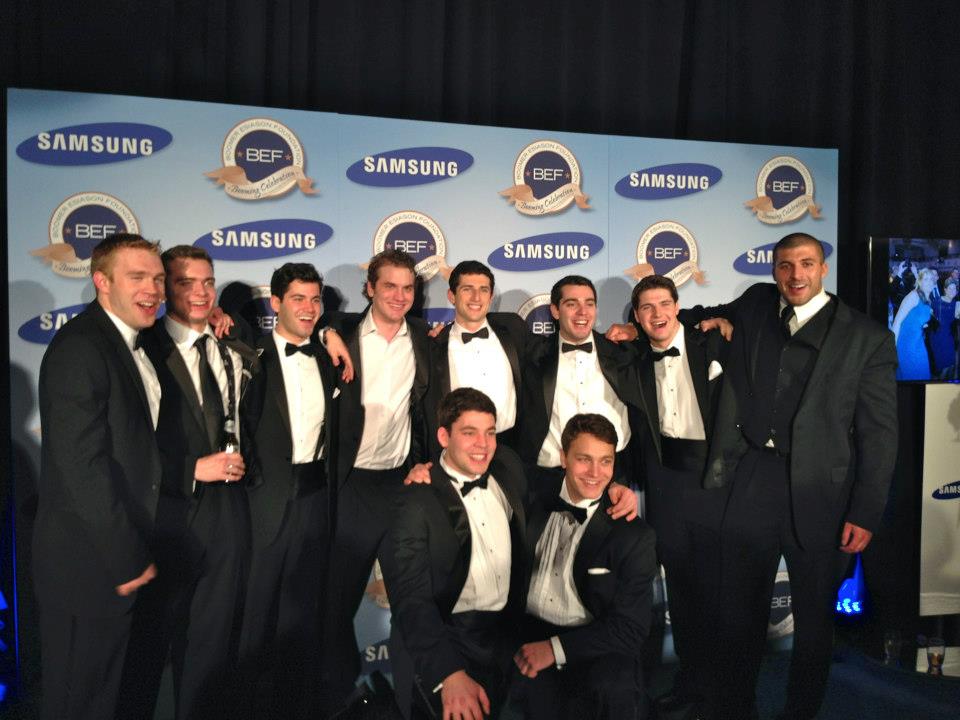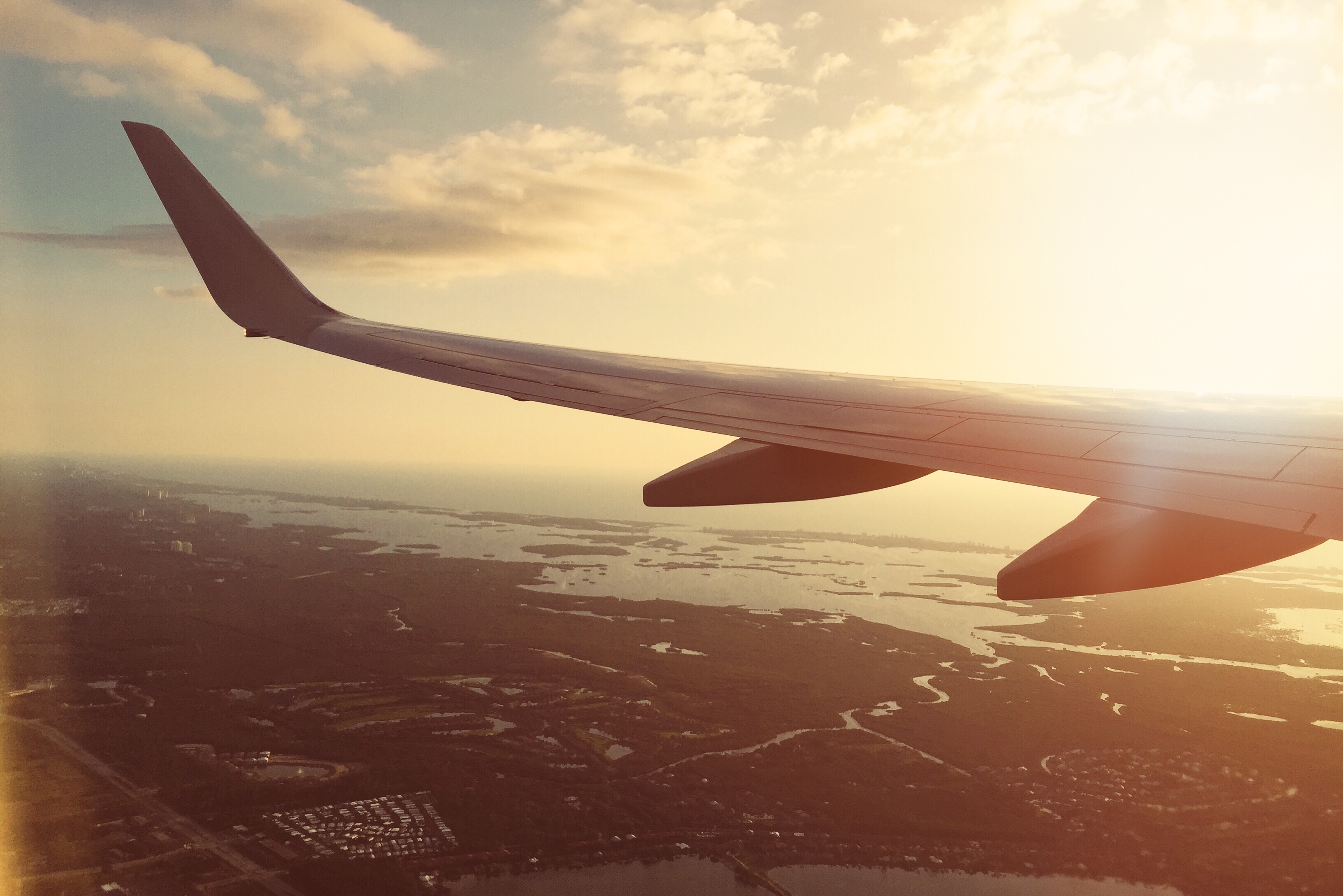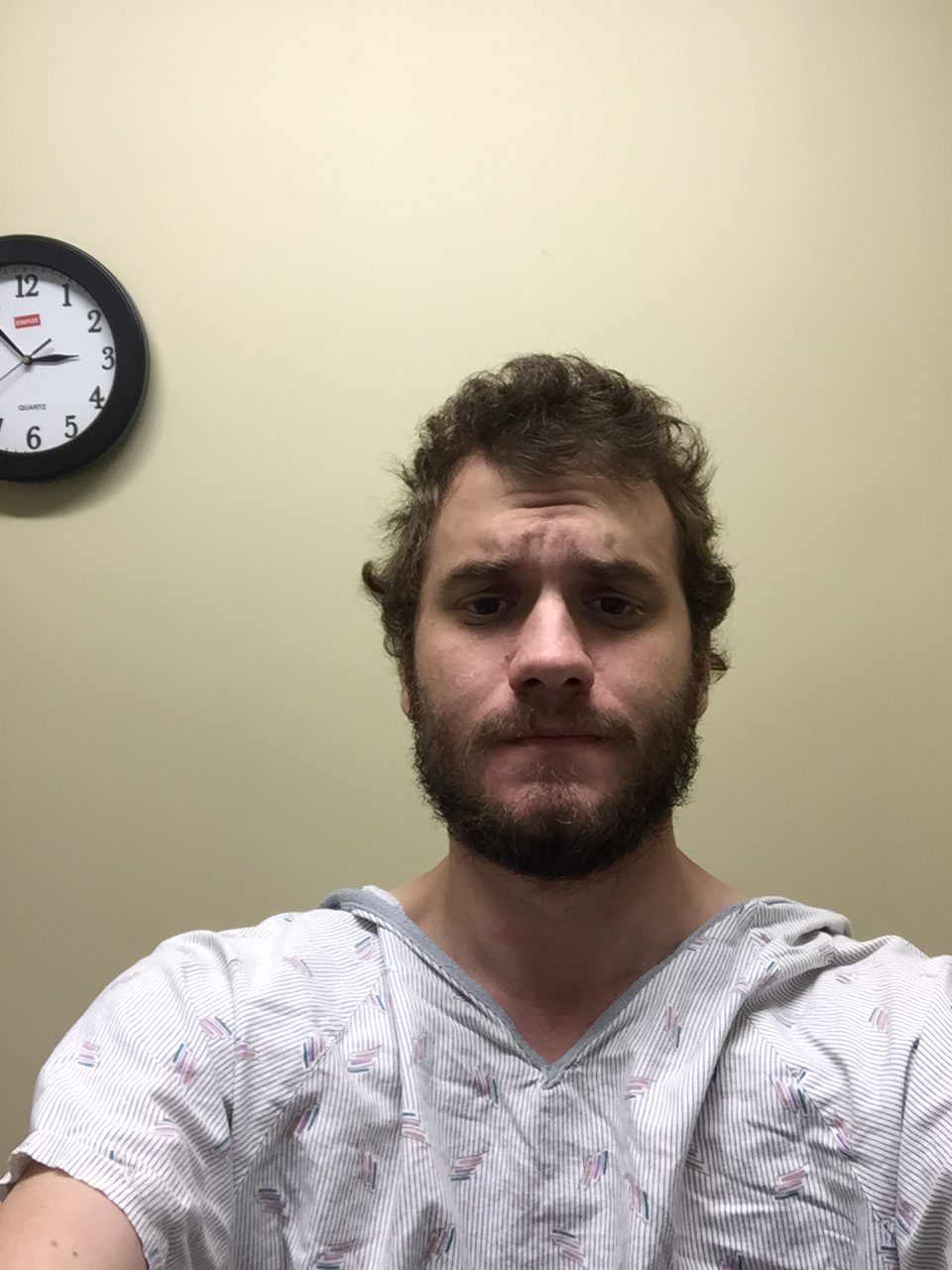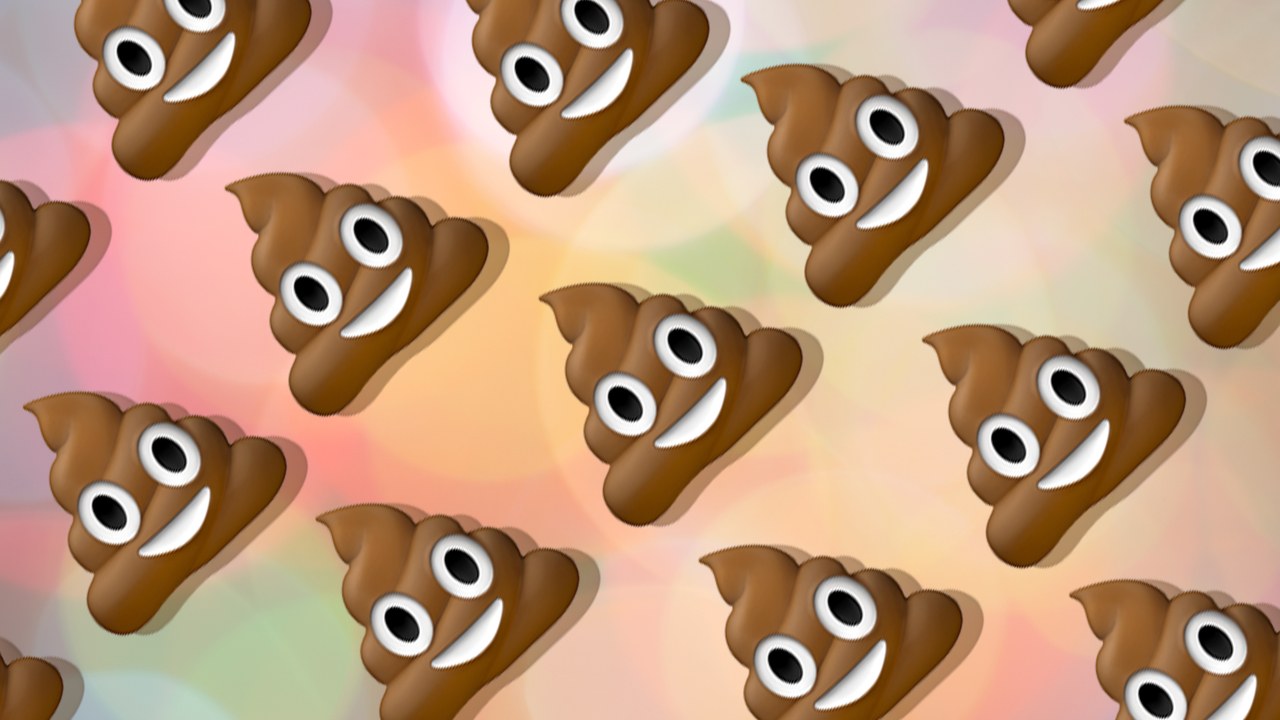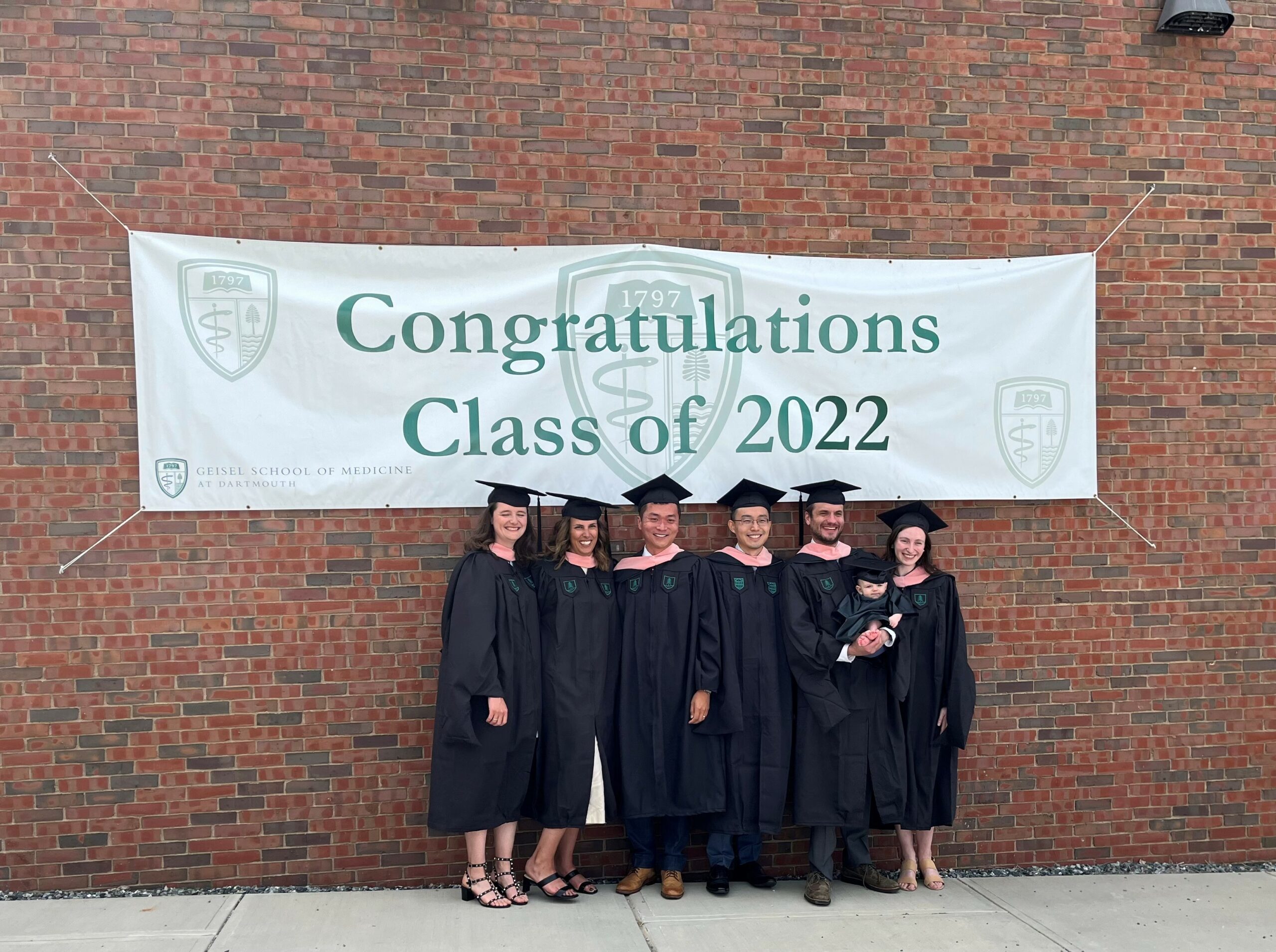Yes.
It’s been a few years since I’ve written extensively about friendships as they relate to chronic illness – 3 or 4 years to be exact.
I’ve always felt that friendships outside of the illness are incredibly important. I have my CF Friends (some of the people I value most in my life), as I’ve said before, but living outside the disease is also incredibly important. In many ways I kind of feel that I live two separate lives – one inside the world of CF, and one outside. They intersect when I’m sick.
Illness impacts every single aspect of my life, which is why I cringe when people fail to realize that chronic illness (CF specifically) is a defining point of a patient’s life. After all… we are patients.
I came across an article in the New York Times about maintaining friendships. I think the article was probably geared towards older generations since it talks about some strategies to hang on to friends while avoiding loneliness… but I think we could make an argument that I’m old for someone with CF.
There’s a little dark humor to brighten your day.
Ultimately I think as a person with CF gets older and the disease progresses, a strain is put on all relationships – friendships probably suffer the most visible disruption.
In past podcasts, my co-hosts Tiffany and Lea have spoken about very instantaneous breaks in life long friendships. Things that stem from a significant conversation or a very explicit turning point. In recording those podcasts with them, I felt that, that sort of thing had never happened to me. Only recently have I begun to realize that I’ve lost friendships in other ways – specifically ghosting (losing contact).
I think by virtue of needing to live at home over the past few years since my health has sort of been nothing remarkable, and not being as actively engaged in my larger social circle, I’ve seen a number of friendships fade away. Now I do realize that as time goes on people sort of move on with their lives or naturally go in different directions, but I think people with chronic illness reach that stage of their lives a lot quicker than the general population. Thus we’re left to cope with it a lot earlier.
In a way we’re paving the way through that path for the people in our lives too.
Realistically I’m just not going out with my friends at the pace I once was, and that’s due in large part to my health.
That’s not to say that I just sit on my ass and do nothing, that’s simply not the case, but the fact of the matter is my strength and energy is not what it was only a few years ago – a night out or a social activity is an undertaking. Beyond that, I’ve come to learn that nightlife in New York City is not conducive to my health.
So, how have I rectified that? Well I think it’s a work in progress. I mean I hate to say people are not friends with me anymore because I’m sick – I don’t think that’s true. I think some of the bonds that existed in my high school and college years are just not what they once were because I’m not around and available as often as someone else my age generally would be.
I’m not in a position to grab a drink with an old friend after work, because well I’m not physically in that situation in New York City – I’m 45 minutes (at least) away.
The above-mentioned article says that social connections generally peaks around 25, for me I think it was probably around 21 or 22 – I’m now 26.
I have steadily been losing intimate social connections since I left Boston College. On one hand, I’m certainly okay with that – I’ve always been someone who prefers to be close with a handful of people than to have 1000 casual friends, but on the other hand, it again makes me feel like I’ve missed out on quite a bit of my 20’s.
To that end I can’t help but ask myself, “will I ever get to experience my 20’s as my peers do?”
I’m not sure. I always like to look forward and feel like the next big medical breakthrough is here, and will give me that shot, but at the same time I’m not sure if it’s better to swallow this loss and move on to the next part of my life. I guess a little time will tell.
Ultimately I do think I do a great job of maintaining friendships within my close group of friends (you can see how in the blog I wrote a few years ago) – from growing up, high school, college, hockey and the like – and they certainly do a good job of dealing with my illness. I’d be sadly mistaken to feel like they aren’t playing a significant role in coping with my CF. It can be hard for them to hear about my health, just like it’s hard for me to see numbers on a page get smaller and smaller.
I think if I (and people with CF) want to maintain a healthy number of friendships, then it’s important to allow my two worlds to collide – my CF world and my non-CF world. I have to be honest with my friends about my health, which will in turn allow them realistic expectations about how much I can and cannot give, and what I should be looking for in return.
CF is a lonely disease, but I certainly do not feel lonely when I’m surrounded by all my amazing friends – in fact I feel better.
https://www.instagram.com/p/_hclqjtxye/?hl=en&taken-by=esiason17g

